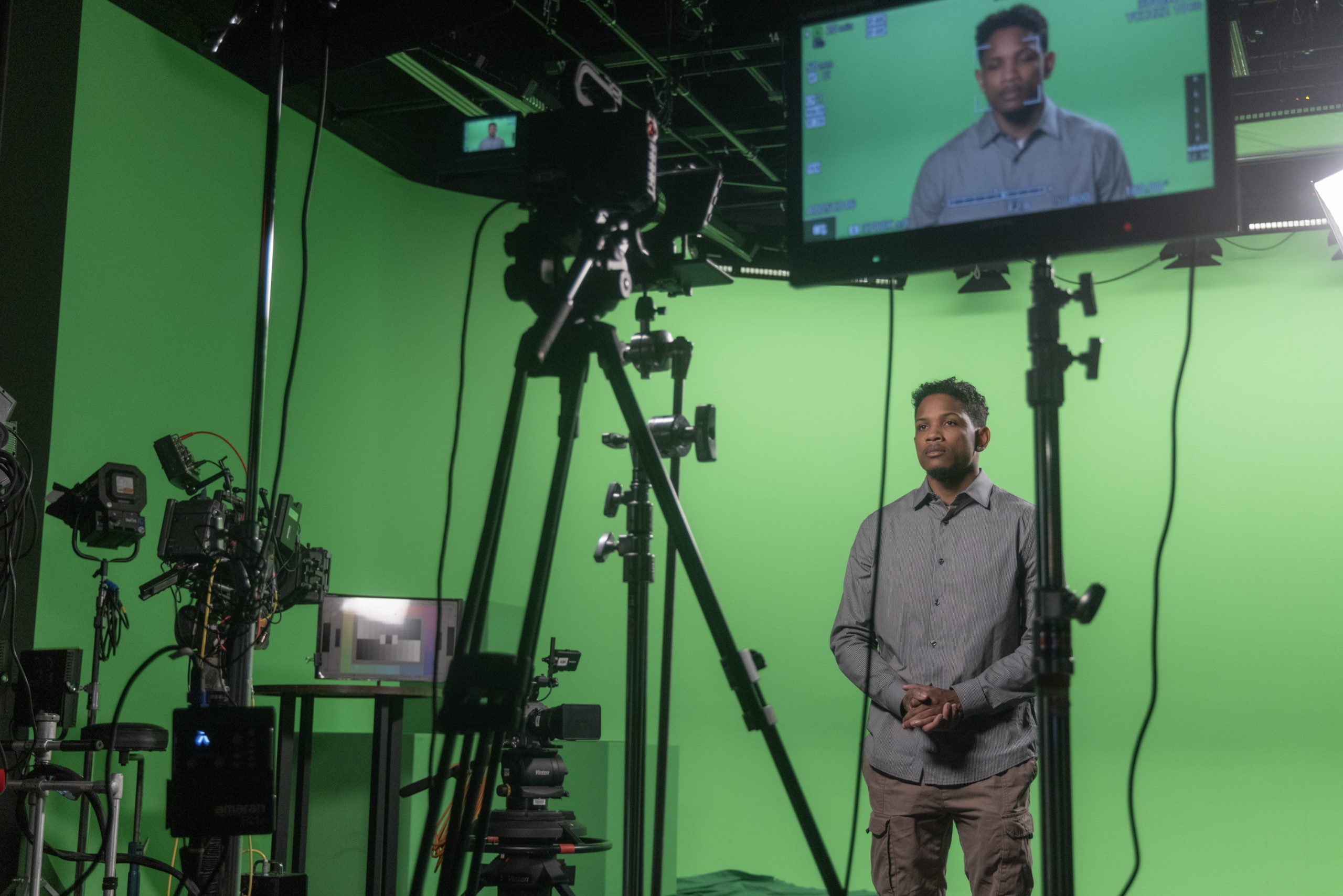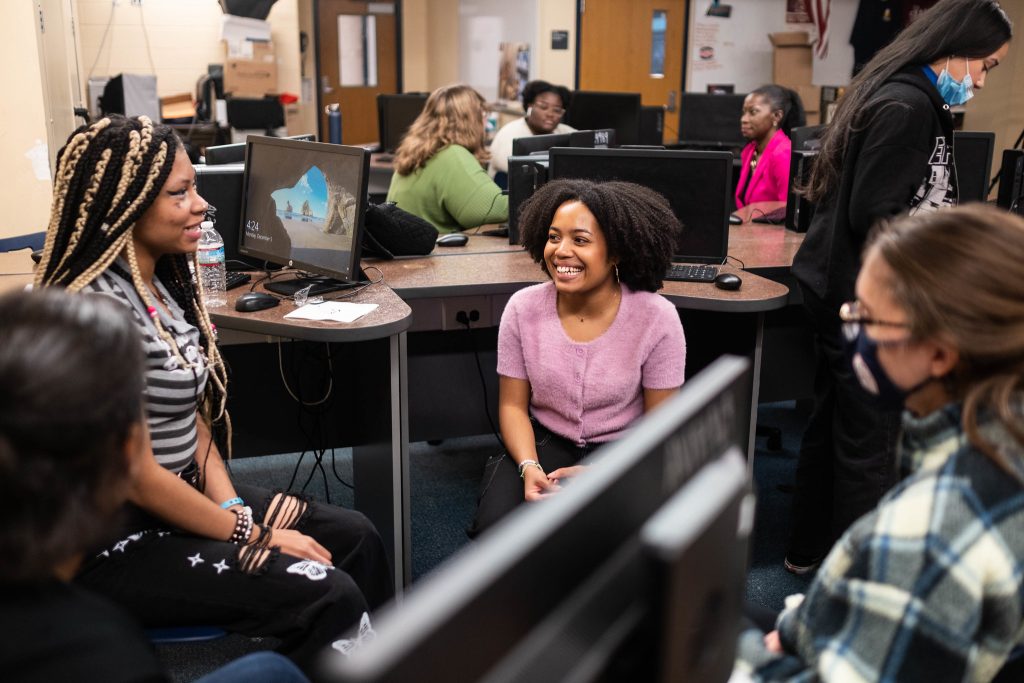
about infodemic
Syracuse University student journalists spent a year investigating disinformation, its prevalence and its impact.
Disinformation has existed since at least Roman times. But social media’s ability to amplify and accelerate its spread has weaponized the virus of disinformation. It’s eroding trust in the media and other institutions, infecting our campus, city and country.
Experts say the Infodemic is here. Overwhelmed with information, much of it false, this new epidemic leaves us uncertain about what’s true and what’s not. The result is that we too often fall for scams and false narratives while dismissing facts as “fake news.”
Syracuse University student-journalists spent this academic year exploring the Infodemic, the latest in-depth, multimedia reporting project from The NewsHouse and its partners.
Dozens of SU’s media students spent the school year investigating sources of scams and fraud and exploring the systems that contribute to the spread of misleading information. The result: more than 30 comprehensive stories packaged with photos, videos, illustrations, audio, data visualizations and interactives.

We started in the fall, reporting on the information vacuum in local communities of color and how the overturning of Roe v. Wade has increased disinformation on women’s reproductive health and other timely stories. Then we developed pieces over the course of the year, including the impact of exploitative true crime media; the mechanisms behind phone scams and email phishing; and stories about banned books, deep fakes and AI, greenwashing, school ranking and many others. Our goal: to shine a light on the dark corners of disinformation.
Work of this depth and breadth would not have been possible without the collaboration of student designers, videographers, illustrators, social media coordinators, faculty mentors and co-publication opportunities with our partners, NPR affiliate WAER 88.3 and Syracuse’s South Side community newspaper, The Stand.
Funding made an enormous difference, allowing for reporting trips to the state capital and New York City, extensive multimedia production, Uber rides for reporters without cars, stipends for student leads and other advantages. We give our deepest thanks to Newhouse alumnus David Flaum and his wife, Jackie, whose generosity makes experiences like this possible for Newhouse students.
We also received substantial contributions from the Knight Foundation and its “Combatting Disinformation in Communities of Color” grant, Syracuse University’s SOURCE grant program, and the Newhouse School’s support for graduate assistants.
